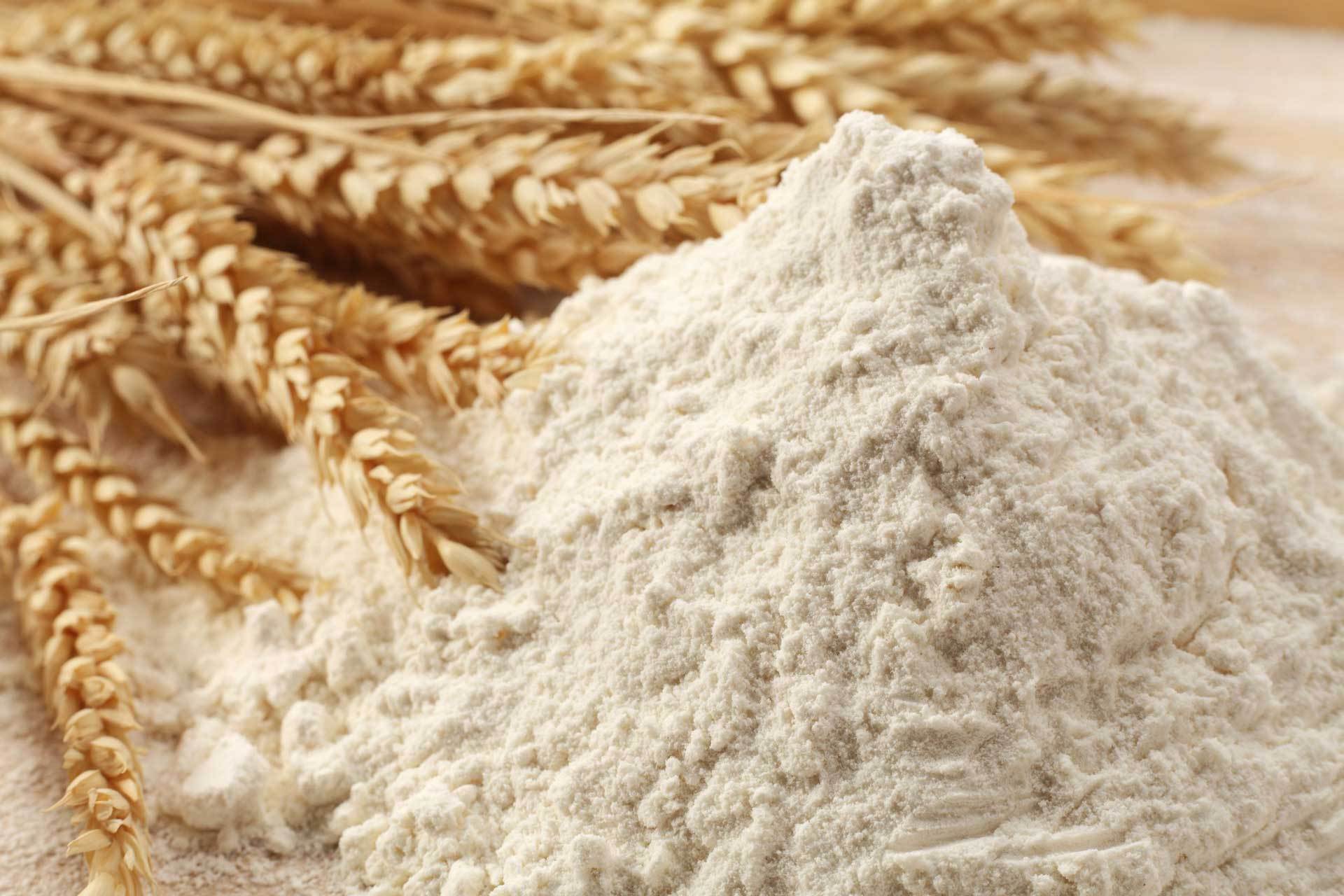Iraq Tops Turkey’s Flour Import Chart as Turkey Expands Global Dominance

Turkey’s Deputy Trade Minister Mahmut Gurcan last week announced that Iraq topped the list of wheat flour importers from Turkey in 2024, reinforcing its status as Turkey’s primary market for grain-based exports.
According to Gurcan, Turkey’s total wheat flour exports in 2024 amounted to $1.16 billion, with Iraq leading the imports, followed by Syria, Somalia, Djibouti, and Venezuela.
He also highlighted Turkey’s dominant position in global wheat flour exports, stating that in 2023, Turkey accounted for 21.2% of the world’s total wheat flour trade, valued at $6.96 billion, with Turkey’s share standing at $1.47 billion.
The Deputy Minister further noted that agricultural and food industry products made up 12.4% of Turkey’s total exports in 2024, reflecting the country’s increasing role as a key supplier in the global food market.
Turkey has long been one of the world’s leading exporters of wheat flour, thanks to its strategic geographical location, advanced milling industry, and strong agricultural output. The country’s exports play a vital role in ensuring food security for neighboring nations, particularly Iraq, which has increasingly relied on imports due to domestic production challenges, including climate change, water shortages, and geopolitical instability.
Iraq’s dependence on Turkish wheat flour underscores the broader economic and trade ties between the two countries. Given Iraq’s growing population and ongoing infrastructure development, its demand for staple food imports is expected to remain high.
Meanwhile, Turkey continues to expand its footprint in global agricultural markets, positioning itself as a major supplier not only to the Middle East but also to Africa and Latin America.
As Turkey strengthens its export policies and trade partnerships, fluctuations in production, pricing, and geopolitical conditions will remain key factors shaping the future of wheat flour trade between the two nations.
Iraq’s position at the top of Turkey’s wheat flour import list reflects deeper structural problems within the country’s governance and economic policies.
Despite its vast agricultural potential, Iraq remains highly dependent on food imports due to decades of corruption, resource mismanagement, and budgetary inefficiencies under the federal government in Baghdad.
Rather than investing in domestic agricultural production, successive Iraqi administrations have prioritized short-term solutions, leaving the country vulnerable to external market fluctuations.
Misallocation of funds, lack of infrastructure development, and persistent issues in water management have further exacerbated the country’s inability to sustain wheat production at levels that meet local demand. As a result, Iraq remains one of the most food-import-dependent nations in the region, relying on external suppliers like Turkey to fill the gap.
In contrast, the Kurdistan Regional Government (KRG), under the leadership of Prime Minister Masrour Barzani, has taken a markedly different approach. Recognizing the risks of overreliance on food imports, the KRG has prioritized agricultural development and revenue diversification, aiming to boost local production and reduce dependency on foreign suppliers.
As part of its strategy, the KRG has invested in modern irrigation systems, provided subsidies to local farmers, and encouraged private sector involvement in agribusiness.
Additionally, efforts are underway to develop food processing industries within the Kurdistan Region, allowing the region to manufacture and export its agricultural products rather than merely producing raw materials.
By adopting a forward-thinking agricultural policy, the Kurdistan Region is positioning itself as a regional hub for food security, a stark contrast to the central government’s heavy reliance on imports.
If this trajectory continues, Kurdistan could eventually become a net exporter of wheat-based products, reducing the need for large-scale imports and ensuring greater economic sustainability across Iraq and the broader region.
For almost 30 years of expertise in the agri markets, UkrAgroConsult has accumulated an extensive database, which became the basis of the platform AgriSupp.
It is a multi-functional online platform with market intelligence for grains and oilseeds that enables to get access to daily operational information on the Black Sea & Danube markets, analytical reports, historical data.
You are welcome to get a 7-day free demo access!!!
Read also
Abbey Commodities – General Partner of BLACK SEA GRAIN.KYIV-2026
Export Logistics Reset 2026: Rail Tariffs, Capacity Pressure and New Trade Reality
ABIOVE has spoken out against the EU’s proposal to phase out soy-based biofu...
Jordan purchased 50 thsd tons of barley in tender
Brazil, Argentina ship 7 mil mt of soybeans to China for Feb-April
Write to us
Our manager will contact you soon



